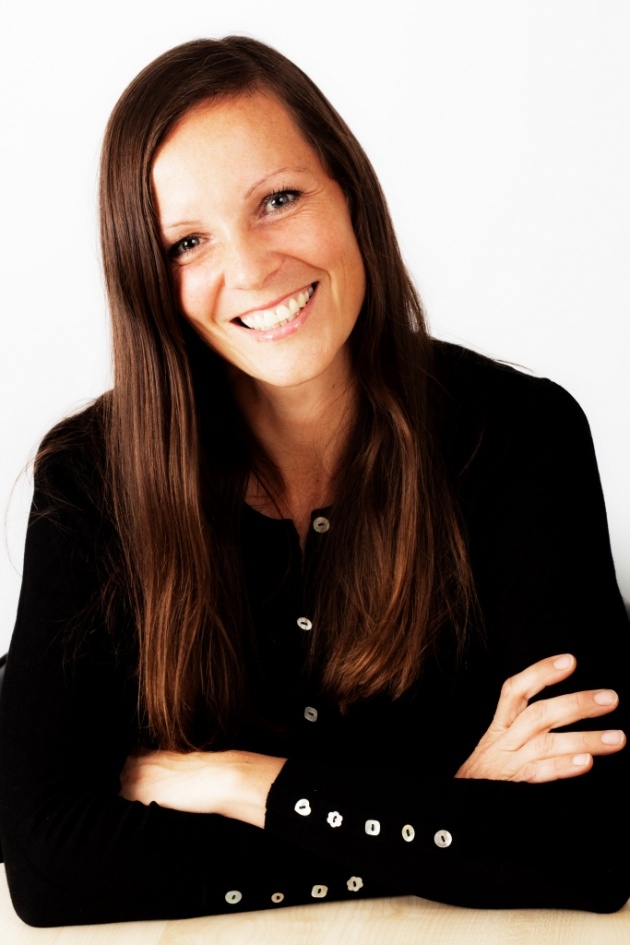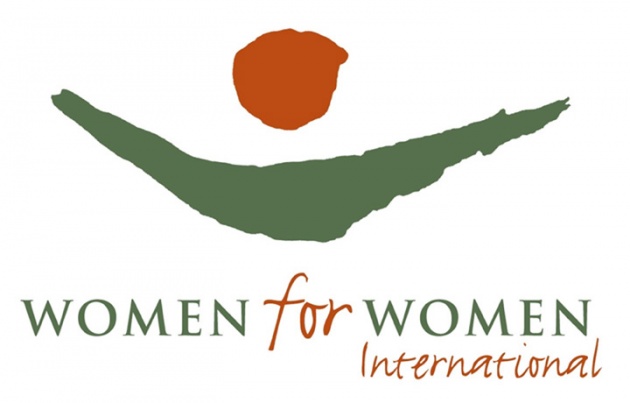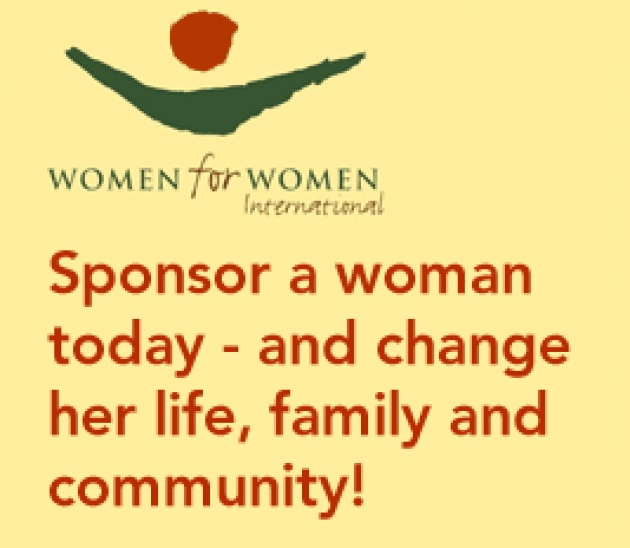
Brita Fernandez Schmidt is the UK Executive Director of Women for Women International. Brita has a strong record of work on women’s human rights, gender, social inequality and development. She has worked with a number of different national and international human rights and development institutions over the past 15 years.
Before joining Women for Women International she led the programmes & policy work of Womankind Worldwide, an international woman’s human rights and development organisation based in the UK. Brita was the Chair of the Gender & Development Network, leading the network to become the first point of call for the UK Government’s Department for International Development (DFID). She was elected as Trustee to BOND, a British network of development organisations, and contributed to its strategic development. Brita has also contributed to and worked as member of WIDE (Women in Development Europe) to develop a strategy for the network. She has been an adviser to the Women’s National Commission on their international women’s rights work and she has advised numerous other organisations and institutions, including DFID, on gender, women’s rights and development.
Brita holds a Masters from Sussex University (UK). Originally from Germany, Brita went to school in Venezuela and now lives in the UK with her husband and two daughters.
FA: Can you briefly tell us about yourself and your background?
BFS: I am German, but I moved to Venezuela when I was 15 and that changed my life significantly. It opened my eyes to poverty and inequality and in particular how women are disproportionately affected by it. I have spent the last 20 years working to improve the status of women worldwide and addressing poverty and development more broadly in various ways. I am married and I have two wonderful daughters and I am more than ever committed to equality and opportunities for all. I am currently the Executive Director of Women for Women International.
 FA: What is the main role of Women for Women International UK in supporting peace and sustainable development in conflict zones?
FA: What is the main role of Women for Women International UK in supporting peace and sustainable development in conflict zones?
BFS: Our main role is to provide support to women survivors of war, civil strife, and other conflicts with resources to move from crisis and poverty into stability and self-sufficiency. We've been doing this for 20 years and we've directly served more than 351,000 women in Afghanistan, Bosnia and Herzegovina, Democratic Republic of the Congo, Iraq, Kosovo, Nigeria, Rwanda, and South Sudan.
We begin working with women who may have lost everything in conflict and often have nowhere else to turn. Their lives have been devastated by war and many of them of lost everything. Even when the peace papers have been signed, women continue to face disproportionate abuses, such as domestic violence.
But we don't see these women as victims, we see them as the most powerful asset in building peace and rebuilding communities to whom we provide support through skills and knowledge to be well, to know and assert their rights and to earn a living.
In addition to the impact that we see this having on the women we serve, we've also seen that when women are well, able to generate income, network with other women, and feel safe, families and communities benefit. Women who have graduated from our programme have assumed leadership positions in their communities, actively participate in the reconstruction of their societies, start businesses, train other women and serve as role models, they become active citizens who can help establish lasting peace and stability. On average, women who graduate from our programme triple their daily income by graduation. Our programme not only greatly enhances economic opportunities for their communities as well as the graduates themselves: women reinvest their income into families and communities and are more likely to use their profits to hire other women to work for them.
FA: How can education and the new technologies (social and digital media) improve digital literacy in developing countries like Afghanistan and empower women?
BFS: We know that education is the number one thing that will make the biggest difference to women and girls’ future and I believe that new technologies (social and digital media) are a hugely powerful tool with enormous potential for accelerating access to education. I have seen this in Bosnia and Kosovo, where many women have mobile phones and are much more connected. However, the reality is also that large parts of where we work - and because we seek out the most socially excluded women - access to new technologies is not a reality. In many parts of the world there is no access to electricity to begin with, so we must be careful to be realistic and take into account the context in which organizations like Women for Women International are operating.
FA: How do you usually support women in starting their own business, generating a steady and sustainable income, and being financial independent?
BFS: WfWI delivers a one-year holistic training programme that begins with a training stipend and emotional support. Participants learn about their legal rights; receive life-skills training such as health awareness, numeracy, budgeting and saving, decision-making and negotiation, and civic participation. They learn business and vocational skills and gain access to income-generating activities (from goat keeping in Afghanistan to ceramics in DR Congo) where they can apply those skills and begin moving towards economic stability.
In addition to promoting awareness, our programme also promotes behavioural change to help encourage women to make decisions and apply the knowledge to maintain physical and psychological wellness, to form or join women's and community groups and take advantage of economic opportunities. We also provide opportunities for women to develop personal and group plans for action to allow women to become active citizens individually and in cooperatives or other groups. In addition, women are provided with support and access to essential services such as microcredit loans, legal assistance, cooperative and employment opportunities and social networks.

FA: What do you think about Women's Annex operations in Afghanistan to promote Digital Literacy among Afghan girls in schools?
BFS: I think any initiatives that are dedicated to educating girls and women are fantastic. The benefits of educating girls and women are widely known and using all the benefits that new technologies have to offer wherever possible is important.
Subscribe to my blogs and Women's Annex so you don't miss the next articles.



